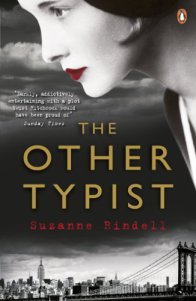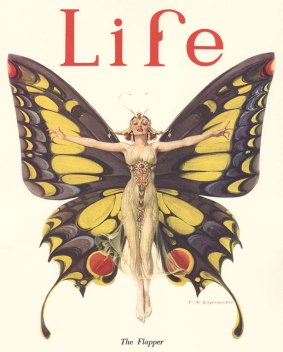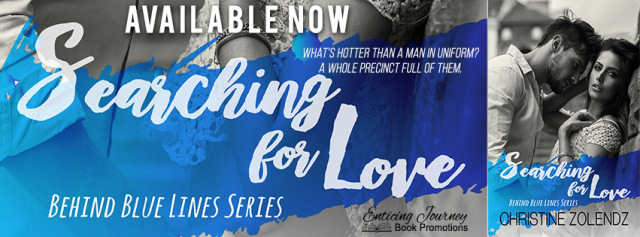 Historical Fiction
Historical Fiction5*s
The Other Typist is Rose’s tale we hear of her life working as a typist in a Police Precinct in Brooklyn, her shared room in a Boarding House with the room divided by a curtain, the other half containing a woman who Rose possibly dislikes, but definitely feels superior to. In 1920s Brooklyn the Prohibition period is in force and the Police Commander has decided that his force should be arresting those running the latest speakeasy which has popped up and then melt away around the city.
Enter Odile, a beautiful graceful creature, one with bags of sophistication, beautiful clothes and an easy manner. Odile is the ‘other typist’ the newest to join the typing pool. Rose is instantly both bewitched and disapproving of Odile, well that is until Odile decides to befriend her which leads to a chain of events that Rose could never have predicted.
The two girls become friends and moving from typing up the statements and sometimes confessions of the local gangsters and crooks, the girls attend the very speakeasy the police force they work for are supposed to be bringing to justice. There is a real sense of place and time in The Other Typist. I could quite have easily joined them on a night out in a beaded dress and sipping the champagne cocktails which were strictly prohibited. I think the secret locations with passwords required to gain entry would only make a night of partying with the select few who were in the know all the more alluring.
Rose narrates her story with a distinctive voice. We hear that Rose was an orphan, who was bought up by nuns but clearly a clever girl; she was one of the lucky ones who got an education. She is so obviously Odile’s inferior on the social scale but Rose has a sense of superiority that outweighs, well nearly, these facts. Indeed Rose’s narrative strongly reminded me of Barbara Covett in Zoe Heller’s novel What Was She Thinking? Notes on a Scandal, both require a different label to ‘unreliable narrator’ I suggest ‘nebulous narrator’ is a far more accurate description as even at the end of the book, it was hard to separate the facts from the fiction. Rose’s sense of superiority is an overriding feature of her narrative style, and yet there is a sense that she realises that this is unfounded at times, all of which should make her unlikeable to her reader, but it didn’t, I felt a certain amount of fondness for this spiky young woman. Of course there are a number of other characters who have their parts to play but it must be remembered that all of these characters are viewed through Rose’s eyes, and Rose is only really watching one person, Odile.
Fairly early on in the book we learn that Rose is recounting her story from a hospital and so we get some sense of where the ending might lie, but the fun is entirely in the journey. So we follow Rose to work where she admires the Sergeant but isn’t quite so sure about the Lieutenant. Where she types faster than anyone else, naturally without making any mistakes. A life where she is able to judge how a particular interview will play out and yet she melts into the background where the police, all men of course, go about getting their confessions. We watch as her certainties about right and wrong unravel under Odile’s influence as she whirls around the dance floor with the latest contraband cocktail in hand until life whirls a little bit too fast and the wheels come off.
This was a superb story, even more so when you consider that this is the author’s debut novel and it was one which had me completely entranced with an ending has had me pondering for a good few days now. If like me you had this lingering on some TBR list of one description or another, don’t delay pull it out and read it!

First Published UK: 2013
Publisher: Allison & Fig Tree
No of Pages: 369
Genre: Historical Fiction – Psychological
Amazon UK
Amazon US
Share this:
- More





